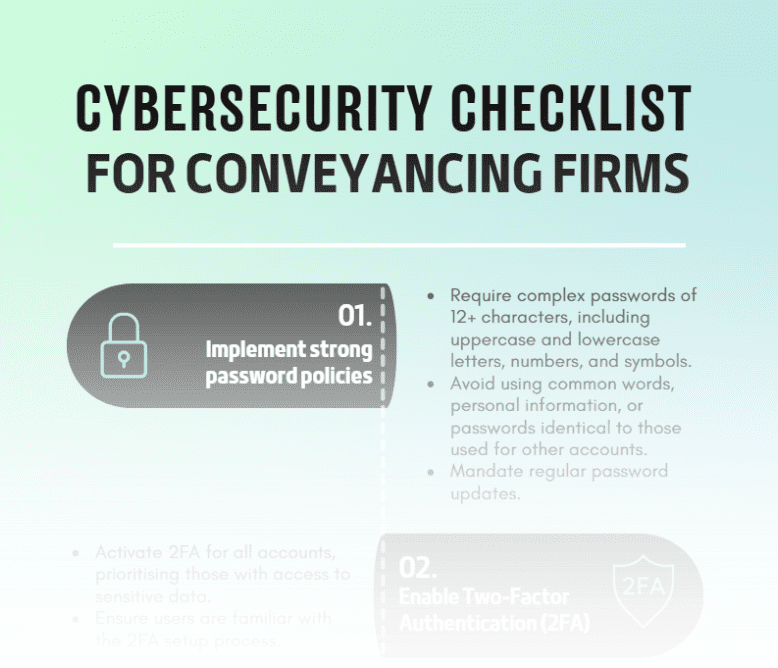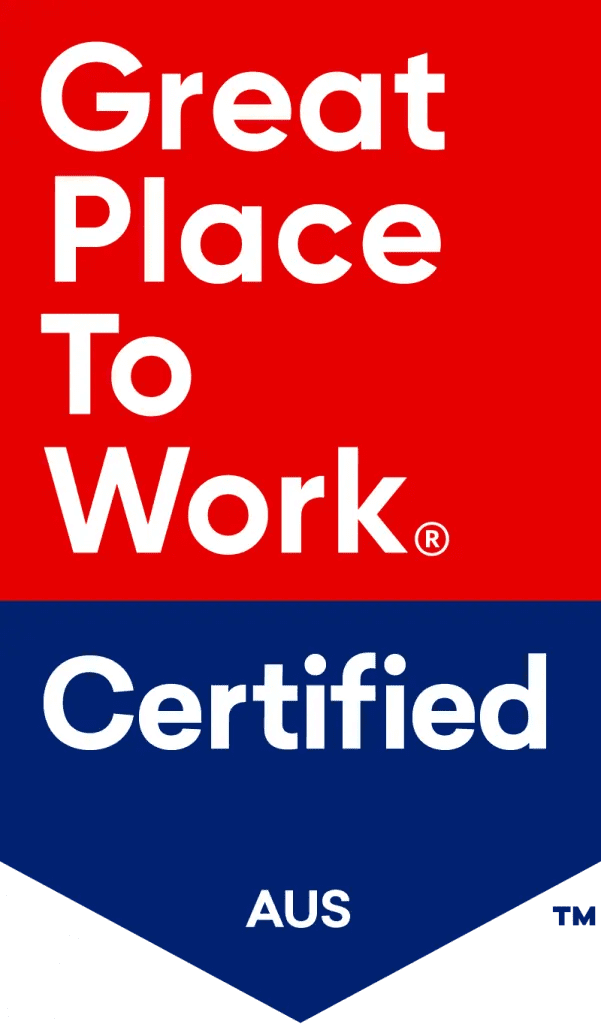You don’t have to try too hard to find plenty of guidance and inspiration on how to eat better, stress less and fit more activity into your daily routine, but what about wellbeing?
Although it’s often misunderstood as an alternative word for ‘happiness’ or ‘contentment’, a person’s state of wellbeing is actually the sum total of a few elements, mostly related to physical fitness, social fitness and mental health.
The Victorian Government lists as many as 16 specific factors that can affect a person’s wellbeing including hobbies, sleep, wealth and career.
So, to put it another way, even if you’re in top notch physical condition enjoying a nutritious diet and exercise, a stressful period at work could still see your overall wellbeing take a turn for the worse.
In order to look after your wellbeing, it’s important to take a holistic view of everything your life comprises and the effect it has on you both physically and mentally.
But when so much of your time is spent in the workplace, it’s not hard to understand why it can be challenging to keep on top of things.
Statistics show 35 per cent of people spend 5-7 hours sitting at a desk every day while two-thirds of people work through their lunch break and half regularly work more than their contracted hours.
Unsurprisingly, the World Health Organisation (WHO) declared their commitment to encouraging healthier workplaces a long time ago.
The WHO identifies a series of negative consequences of poor wellbeing including loss of personal health, loss of company productivity and profit and a diminished sense of community.
Here are some simple tips and everyday practices you should keep in mind to maintain your wellbeing at work.
Make time for people for wellbeing
Social interactions play a crucial role in your overall state of wellbeing, so it’s important to promote a non-siloed workplace culture that sees people interacting on all levels.
Collaborating and taking occasional time out for more personal and non-work-related discussions can go a long way to boosting morale and your sense of value among colleagues.
Studies have even suggested that teams with friendly working relationships are much more effective than teams where people feel disconnected. Consequently, greater collaboration might also lead to a more productive business.
Break your sedentary habits
While it can be difficult to incorporate a gym work-out, long walk or run into your daily routine, there are plenty of ways you can add some incidental activity to your working day.
For example, even if you live too far away to walk to work, you could get off the bus or train one stop early to complete the rest of your journey on foot. Or, even walking to the station could boost your daily steps.
Other ways to move around more during the day might include taking regular screen breaks, going out of the office for lunch, using a standing desk and choosing to take the stairs instead of the lift.
Remove distractions for better wellbeing
In this ‘always connected’ digital world we’re living in, it can seem like there’s no end to the barrage of communications we receive such as task notifications from collaboration platforms, emails, meeting requests and phone calls – among others. But it’s important to set boundaries so you don’t feel like your drowning.
It’s possible to cut out some of the noise from your working day by only attending necessary meetings and not having too many windows or tasks open on your laptop at once.
And when it comes to emails and phone calls, consider whether it’s really necessary to respond to them while you’re relaxing during the evenings or at weekends. Implementing automated technology tools such as triSearch could even give you more time in the day for other priorities because you’ll no longer have to manually conduct multiple property and company searches.
Keep your mind active by finding new things to learn to
Believing that you’re continually moving forward and progressing in life can make a real positive contribution to your state of mind. And there are a few ways you could ensure personal and professional development becomes part of the fabric of your working life.
To start with, make sure you have a clear understanding of the business goals you’re working towards and consider whether there are any additional qualifications that might help you and your business. Similarly, embrace opportunities to step outside your comfort zone.
Attending networking events or participating in conferences could not only boost confidence but also help you build new connections and stay ahead of industry trends.
Don’t avoid time off
Even if you’re extremely busy at work, there will always come a point where your productivity starts to stagnate because of exhaustion – after all, you’re only human. Even studies have said that working longer and harder isn’t likely to result in more output, but instead, it’ll lead to increased stress and poor physical health.
So, making sure you take regular holiday is likely to keep you feeling refreshed and engaged inside and out of work – and that means increased productivity and a better state of wellbeing.
Leave work early enough for personal time
Often, one of the biggest sources of stress is feeling that you’re unable to balance your personal commitments with work, or not having enough time for recreational activities and sleep.
While avoiding the temptation to work long hours will give you more time for exercise, hobbies, family and social events, flexible working hours could also make it easier to manage family duties (while still getting the same work done).
When it comes to the question of what makes a positive state of wellbeing, there’s no exhaustive list of components or set criteria to follow. And, quite often, what’s important to one person might not be important to another – everyone is different.
But there’s no doubt that understanding the core objectives of maintaining your wellbeing as well as having few ideas for how it can be done will set you on the right path towards a healthier state of mind.






